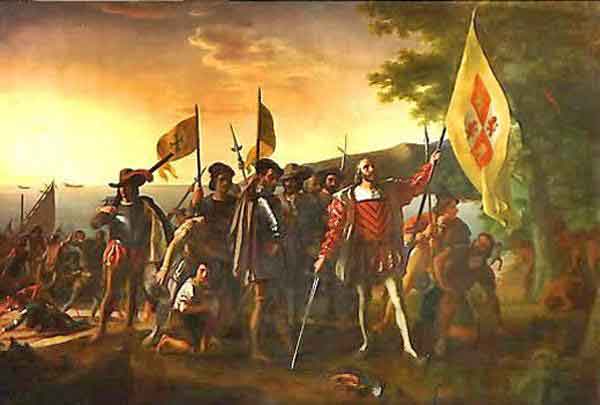The history of immigration in the United States is deeply intertwined with the nation’s identity as a “melting pot.” From early settlers to modern-day migrants, immigration has defined the cultural, economic, and political landscape of the country. However, the story is far from linear; it reflects cycles of openness and restriction, opportunity and adversity. Understanding the history of immigration to the U.S. provides a lens through which to view its current challenges and opportunities.
The Early Waves: Foundation of a Nation
Immigration to the United States began even before its independence. The early 1600s saw English, Dutch, and French settlers arrive in search of religious freedom and economic opportunity. These early communities laid the groundwork for a nation built on the promise of liberty and prosperity.
The 19th century marked a significant era of immigration, with millions arriving from Europe. The Irish fleeing famine, Germans escaping political unrest, and Italians seeking economic opportunities were among the largest groups. These immigrants contributed to the rapid industrialization of America, building railroads, working in factories, and fueling urban growth. Yet, this era was not without its challenges; anti-immigrant sentiment, exemplified by the Know-Nothing Party, highlighted tensions around cultural integration.
The Shift to Restriction
The open-door policies of the 19th century began to close in the early 20th century. The Immigration Act of 1924 introduced quotas, prioritizing immigrants from Northern and Western Europe while restricting those from Asia and Southern and Eastern Europe. These policies reflected fears about economic competition, cultural differences, and national security.
The 1965 Immigration and Nationality Act marked a turning point, abolishing quotas and prioritizing family reunification and skilled labor. This shift led to increased immigration from Latin America, Asia, and Africa, reshaping the demographic landscape of the U.S.
Modern Immigration: Controversies and Challenges
Today, immigration remains a polarizing issue. The focus has shifted to undocumented migrants, border control, and pathways to citizenship. High-profile debates around the Deferred Action for Childhood Arrivals (DACA) program, the construction of border walls, and refugee resettlement highlight the ongoing struggle to balance security with compassion.
At the heart of modern immigration policy is the question of identity: What does it mean to be an American? Advocates for liberal immigration policies argue that the U.S. thrives on diversity and the contributions of immigrants. Critics, however, raise concerns about resource strain and cultural cohesion.
Immigration’s Impact on the U.S.
Despite its challenges, immigration has been a consistent driver of economic and cultural growth. Immigrants have founded iconic American companies, from Google to Tesla, and have enriched the country with their traditions, cuisines, and innovations. The labor force benefits significantly from migrant contributions, particularly in industries such as agriculture, healthcare, and technology.
Furthermore, immigration has been a source of renewal, bringing new ideas and perspectives that drive progress. This dynamism underscores the United States’ unique ability to adapt and evolve.
Conclusion
The history of immigration in the United States is a testament to the country’s resilience and complexity. From welcoming waves of immigrants to enacting restrictive policies, America’s story is one of constant negotiation between opportunity and limitation. As the nation continues to grapple with immigration, its history serves as a reminder of the profound contributions immigrants have made and the enduring challenges of inclusion and equity.
Understanding this history is essential to shaping a future that honors the country’s legacy as a beacon of hope and opportunity for people around the world.










